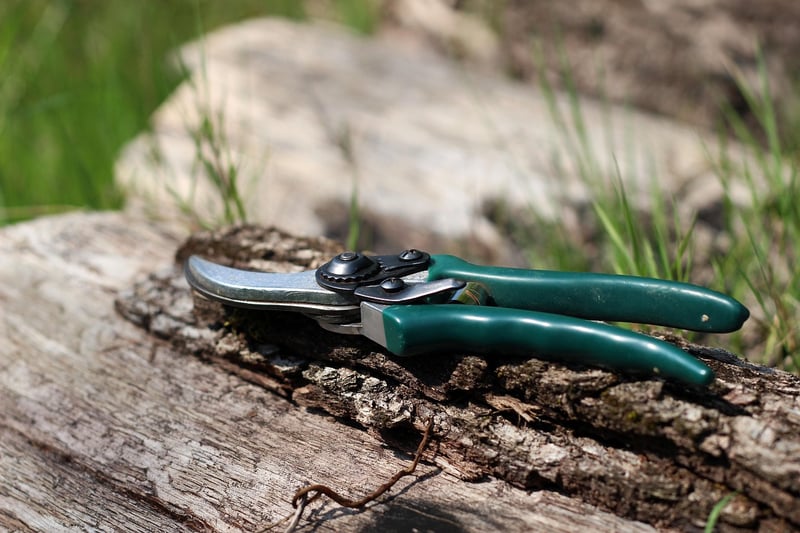Pruning Techniques
Keep Your Garden Thriving with Proper Pruning Techniques

Having a beautiful garden requires more than just planting the right flowers or vegetables; it also involves proper maintenance techniques like pruning. Pruning is essential for the health and aesthetics of your plants, promoting growth, controlling pests, and shaping your garden. Here are some tips to keep your garden thriving through effective pruning:
1. Use the Right Tools
Make sure you have the proper tools for pruning, including sharp and clean shears, loppers for thicker branches, and a pruning saw for larger limbs. Keeping your tools sharp will ensure clean cuts that promote faster healing for your plants.
2. Know When to Prune
Understanding the specific needs of each plant in your garden is crucial for effective pruning. Different plants require pruning at specific times of the year to encourage healthy growth and flowering. Research the best timing for each type of plant in your garden.
3. Remove Dead or Diseased Branches
Regularly inspect your plants for dead or diseased branches and promptly remove them. Pruning these branches will prevent the spread of diseases and improve the overall health of your garden.
4. Promote Airflow
Pruning helps improve airflow within the plant, reducing the risk of fungal diseases. Properly spaced branches allow sunlight to reach all parts of the plant, promoting photosynthesis and overall plant health.
5. Shape Your Plants
Pruning can be used to shape your plants and control their size. By selectively trimming branches, you can encourage a particular growth pattern or keep your plants compact and tidy.
6. Watch for Signs of Stress
Pay attention to your plants for signs of stress, such as wilting leaves or stunted growth. Pruning can help alleviate stress by removing excess weight or crowded branches, allowing the plant to focus its energy on healthy growth.
By following these pruning techniques, you can ensure that your garden remains healthy, vibrant, and visually appealing throughout the year. Remember to research the specific needs of each plant and tailor your pruning practices accordingly.
Happy gardening!

